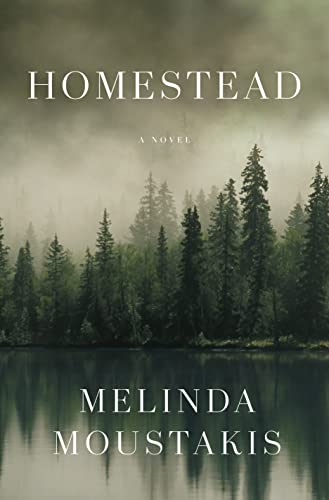The Last Wish by Andrzej Sapkowski
Geralt is a Witcher, a man with magical abilities who has become a skilled fighter and a ruthless hunter thanks to years of training and a mysterious elixir. But he is not your typical murderer. His primary objective is to eliminate the demons that afflict the planet. However, not everything that appears monstrous is bad, and not everything that appears beautiful is good. In every fairy tale, there is a kernel of truth.
Geralt is a Witcher, a man with magical abilities who has become a skilled fighter and a ruthless hunter thanks to years of training and a mysterious elixir. But he is not your typical murderer. His primary objective is to eliminate the demons that afflict the planet.
However, not everything that appears monstrous is bad, and not everything that appears beautiful is good. In every fairy tale, there is a kernel of truth.
The Last Wish by Andrzej Sapkowski
27 used from $7.37
Free shipping
That’s a pretty accurate summary of Earth in the 21st century. While much of the world was plundered or colonized by Europe, a fragile peace is now being attempted. Despite the fact that the problems we confront today include things like neocolonialism, we still bear the heritage of a time when we had to fight just to survive. A nation that struggled with pluralism and was established on the principles of freedom and immigration has turned nativist.
Children have been left behind and mentally ill persons become homeless as a result of people getting lost in the crowd and falling through the cracks. The richest country on Earth has a majority of citizens who do not believe that the government is doing a good job, and it has been at war for 214 years, starting in 1776.
Two groups are featured in “The Lesser Evil,” each trying to persuade Geralt to side with them against the other. He replied to each with: “Evil is evil… whether it be less, more, or average. When it comes to evil, proportions are negotiated and lines are blurred, therefore I prefer not to make any decisions at all.” While slaying monsters occupies the majority of time in video games, philosophy, politics, and the reasons behind Geralt’s refusal to kill what most people would consider monsters occupy the majority of time in the books. Geralt claims that people create a lot of monsters because “it makes them seem less monstrous themselves.”
In one tale, Geralt murders a gang of individuals who are planning to massacre a community and regrets it because he might have been able to prevent any deaths. In another scenario, Geralt kills a gang of thugs (instead of easily incapacitating them), but he never shows any signs of regret. This isn’t an ambiguous problem; rather, there has been a lack of focus on some topics. His positions on the majority of topics, like pluralism, are at least generally consistent.


 Amazon.com
Amazon.com 




